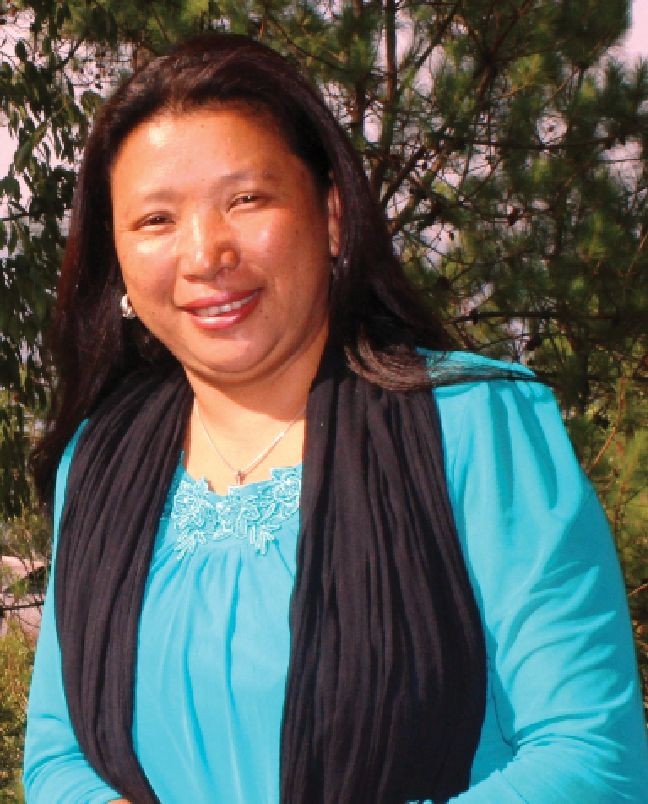
Vishü Rita Krocha
Kohima | March 7
The UN theme for International Women’s Day (IWD) this year is “The Time is Now: Rural and urban activists transforming women’s lives” essentially recognising the passion and commitment of women activists around the world. Seno Tsuhah, Project Team Leader, North East Network (NEN) is one such activist, who has, for the last 20 years, been actively crusading the cause of rural women in Nagaland.
What started with one single aspect revolving around “Women Reproductive Health” way back in 1998 has now expanded to many other crucial areas concerning women. At NEN Chizami, hundreds of rural women will gather on March 8 to celebrate IWD and Biodiversity Festival, a tradition that NEN has upheld for the last 3 years. “When we are celebrating IWD, we are not only celebrating the success of women in the white collared jobs but also celebrating the contributions of women in conserving biodiversity and sustaining their families, also for upholding the traditional knowledge which is very much a part of our cultural life,” says Seno Tsuhah.
The occasion will also mark the 10th anniversary of “Chizami Weaves,” a livelihood project under NEN, enabling women towards sustainability and was also initiated to keep the weaving tradition alive and to create earning opportunity for women. Around 600 weavers from 14 different villages are part of this livelihood project and the number continues to grow with more women coming forward to join the programme. Seno Tsuhah enlightens that 90% of the weavers belong to economically marginalized families while 10% of them weave because they love weaving. NEN also places a lot of importance on social enhancements, enabling these women to also be trained on leadership, health and financial literacy. Through this simple activity of weaving and sustaining their lives and those of their families, these weavers are now actively participating in community development in their respective villages wherein some of them are part of the Village Development Board while others are leading women societies in their respective villages. Clearly, this empowerment is not only limited to public life but within homes; these women are also getting more respect and acknowledgement.
Seno Tsuhah strongly feels the need to build the capacities of women while maintaining that leadership is not born. “You have to continuously mold leadership. We believe that these women are slowly able to raise their voices in their own communities and speak for themselves and also participate in their development activities.”
In the larger picture, she goes on to say that Naga women have contributed so much and are doing so well whether it is at the bureaucracy level, medicine field or academia but expresses regret that “one thing we don’t have to celebrate is the lack of women in the decision making bodies.” “We are working very hard towards bringing women in the decision making,” she states.
On the recently conducted assembly polls where none of the women candidates made it, she expresses that she is proud of the five women candidates for breaking the barriers and taking the very little travelled path. She however points out that we have to ponder why none of them were elected when our society claims that both men and women are equal while also asserting that there is very strong enforcement of patriarchy in our own homes and families.
Further, Seno Tsuhah stresses that “equality of opportunity, access and participation is important in the current political situation of Nagaland. I believe that while political struggle for affirmative action should continue, capacity building of women to take on leadership roles and enhance their effective participation is extremely crucial.”






